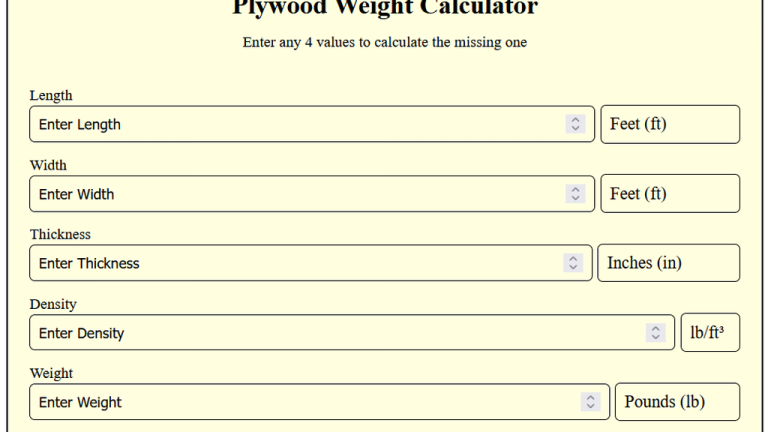C to Nc Calculator
To find Nc, calculate the factorial of C and divide it by the product of the factorial of n and the factorial of (C – n).
The C to Nc Calculator is exclusively designed to find the number of combinations possible when choosing a subset of items from a larger set. In mathematics, this is called a “combination,” and the formula calculates the number of ways to select items without regard to the order.
Formula:
Nc = C! / (n!(C – n)!)
| Variable | Description |
|---|---|
| C | Total number of items |
| n | Number of items selected |
| Nc | Number of combinations |
Solved Calculation:
Example 1:
If C = 10 and n = 3, calculate Nc.
| Step | Calculation |
|---|---|
| Calculate factorials | 10! = 3,628,800; 3! = 6; (10-3)! = 5,040 |
| Divide values | Nc = 3,628,800 / (6 * 5,040) |
| Result | Nc = 120 |
Example 2:
If C = 8 and n = 2, calculate Nc.
| Step | Calculation |
|---|---|
| Calculate factorials | 8! = 40,320; 2! = 2; (8-2)! = 720 |
| Divide values | Nc = 40,320 / (2 * 720) |
| Result | Nc = 28 |
What is a C to Nc Calculator?
A C to nC calculator is a handy tool for physicists, engineers and others. This tool helps them convert charges measured in coulombs (C) to nanocoulombs (nC). One nanocoulomb (nC) is equal to 10−9 coulombs, making it useful in contexts like physics or electrical engineering.
For example, converting 5 nC to C simply requires multiplying by this factor. Understanding these conversions is essential when dealing with very small charge values.
Coupled with that, when working with electrical charges, it’s common to use tools like a C to nC calculator app for quick conversions. If you’re curious about how many coulombs are in 1 nC, remember that 1 nC equals 1×10−9 C. Tools that facilitate these conversions also simplify calculations related to the coulomb constant and other charge units like picocoulombs (pC).
Final Words:
In brief, converting charges between C and nC is straightforward with the right tools. These conversions are vital for calculations involving small charges in scientific and engineering contexts.

![Pipe Slope Calculator [Drainage Slope, Sewer Pipe Line Calculator] 1 Pipe slope calculation tool interface for determining pipe slopes using fall height, length, and percentage input for accurate area and pipe slope measurements in construction and engineering.](https://areacalculators.com/wp-content/uploads/2025/07/pipe-slope-calculator-768x432.png)
![Kg To Gallons Calculator [Kilograms to Gallons Converter 2025] 2 Precise area calculator for converting weight, density, and volume to gallons and other units, useful for various measuring needs.](https://areacalculators.com/wp-content/uploads/2025/07/kg-to-gallons-calculator-768x432.png)

![L/Min To Psi Pressure Calculator [ Flow Rate Calculator 2025] 4 L/min to psi pressure calculator for quick conversion of flow rate, area, and pressure in hydraulic systems. Easily calculate missing variables for accurate pressure measurements.](https://areacalculators.com/wp-content/uploads/2025/07/l-min-to-psi-pressure-calculator-768x432.png)